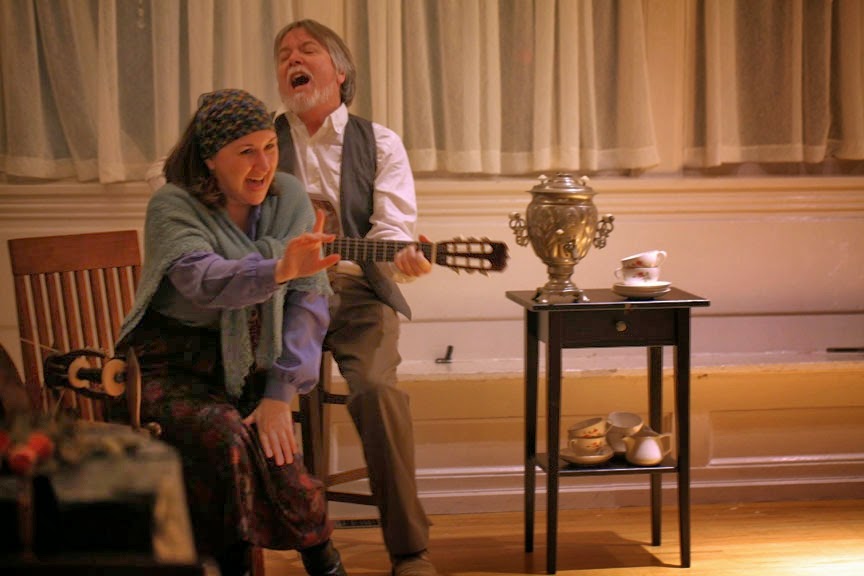 |
Cast members: Shane Regan, , Sara Javkhlan, Ruth Yeo-Peterman, Lisa Marie Nakamura, Kathy Hsieh and Erwin Galan. |
Women make up 51% of our country, yet make 77% of the income
most men get in almost every profession. There was a feminist movement that
gained great ground in the 1960s and ‘70s and now, everywhere you turn, we have
given that ground away again in so many ways. “Girl” was a word that we were
taught should go back to being applied ONLY to females under age 18, and now “girl”
is used by 50 and 60 year olds: I’m a girly-girl. I’m a theater girl. She’s one
of the girls that teaches in that school.
No, we are women. The word “girl” diminishes us and
dismisses us. Yet, we are working so hard to stay submerged and diminished.
Makeup is a multi-billion dollar industry made to make women
feel like they must fix “flaws” in order to present themselves well. And now,
instead of rejecting the constant messages we can’t be just fine with flaws or
that flaws individuate us in important and interesting ways, instead men are now being “allowed” to wear
makeup, cover up facial flaws with base, add a little eyeliner to give them
more interesting eyes.
SiS Productions is opening their next play this week. Impenetrable, by Mia McCullough, is a
play that was inspired by an actual event in a Chicago suburb in 2007. A huge
billboard of an amazing looking, bikini-clad woman appeared. A plastic surgeon put
up the billboard and added arrows
pointing to areas of her body where this woman could have plastic surgery to
fix her “flaws.” The people in that suburb protested until the billboard was
taken down.
Mia McCullough was inspired to write a fictional story dealing
with how women are perceived and the expectation that even that physical
perfection is not enough. I talked to Artistic Director Kathy Hsieh about the
upcoming production.
Kathy says, “What’s interesting about the play is that it
explores four different women, one who is 10, one in her 20s, one in her 30s
and one in her 40s and uses the billboard as a starting point. It’s a revealing
look at how those kinds of images affect women’s perceptions of themselves. The
men I’ve talked to who have heard rehearsals have commented that they find the
script fascinating because it gives them insight to women they might not have
thought about before.




